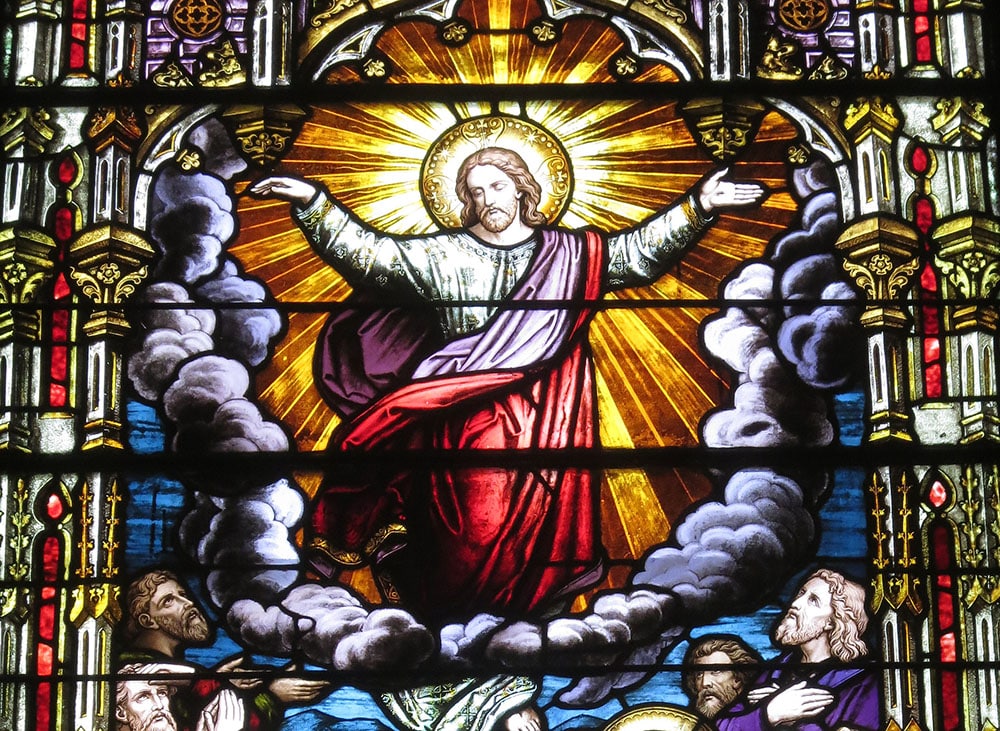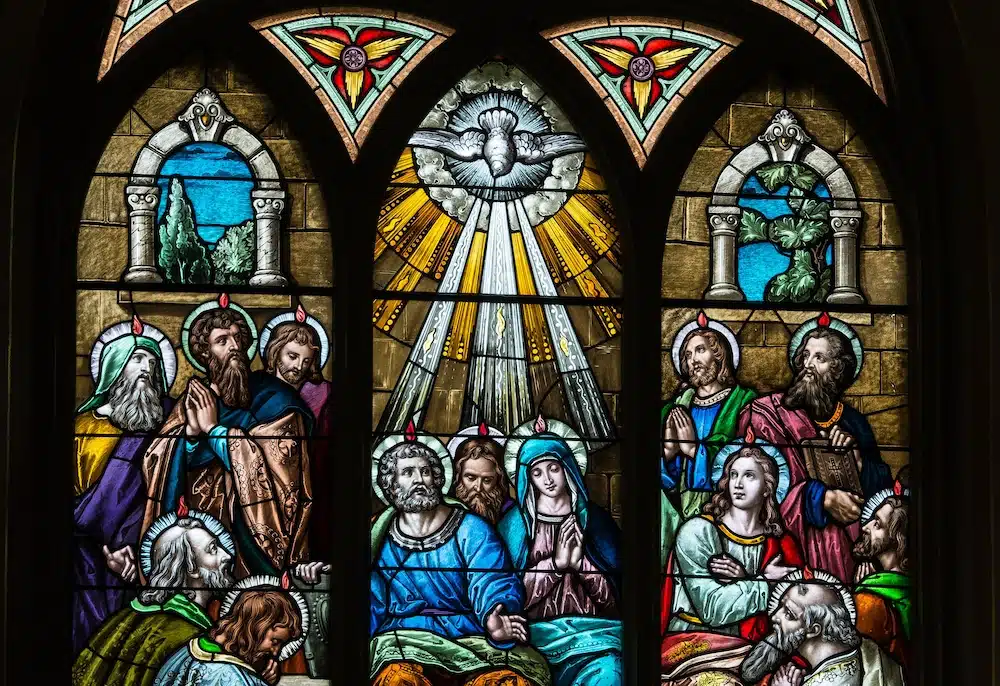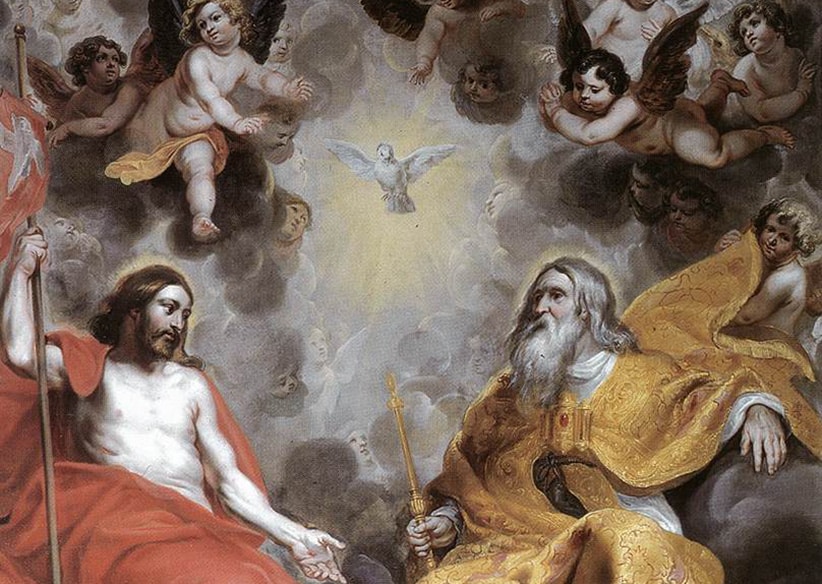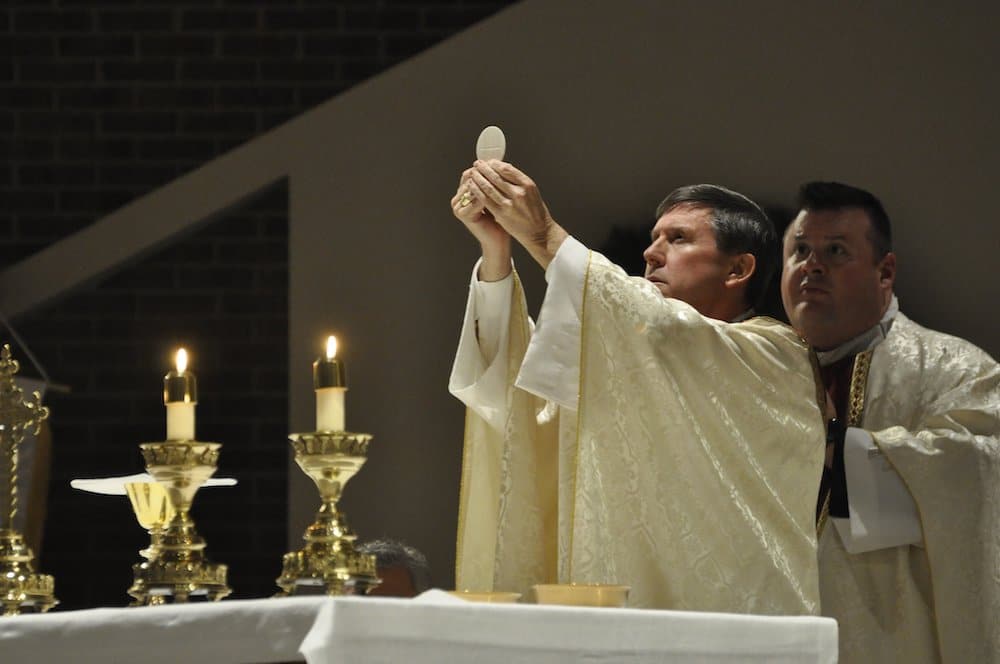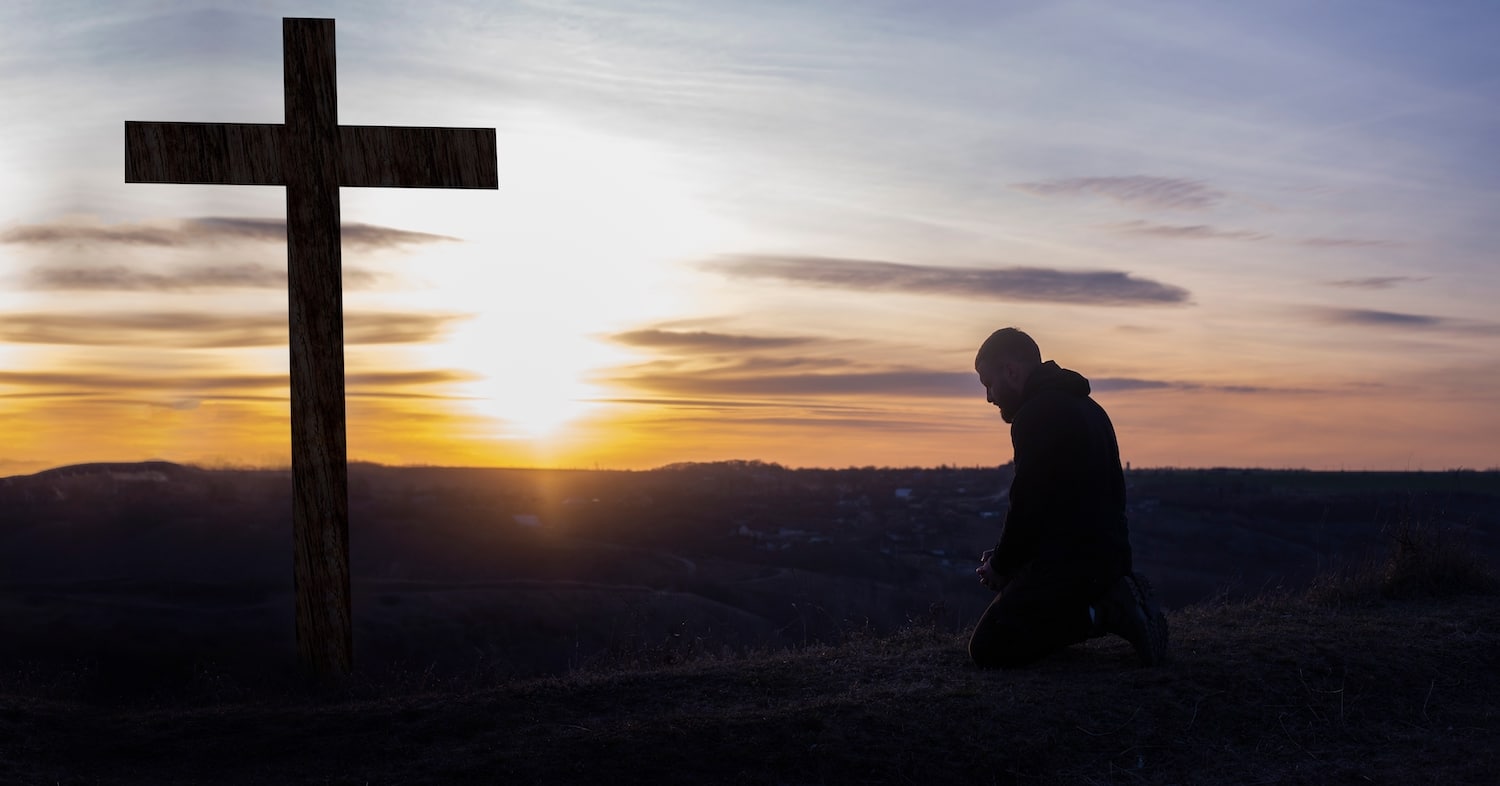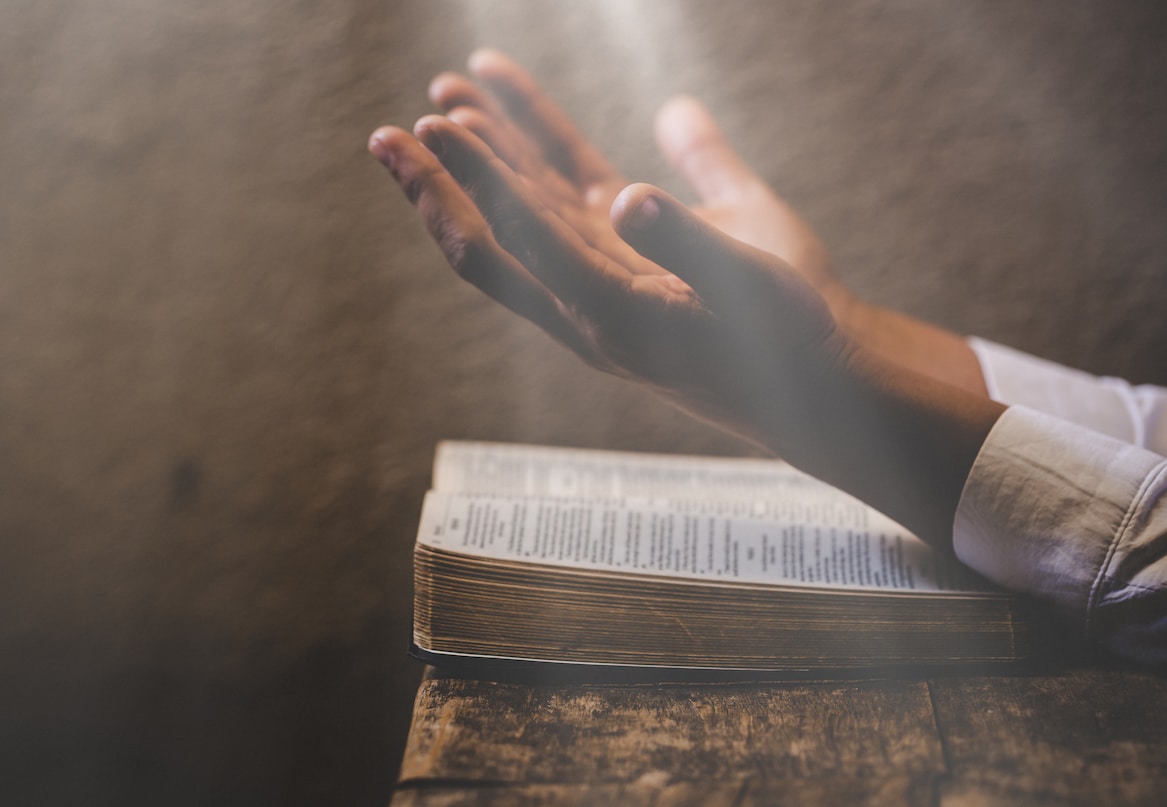“I yearn for resurrection’s joy and yet / Each surge to heaven seems to sink again.”
It’s a line from “The Five Quintets” (Baylor University Press, $39.99), a collection of poems by Michael O’Siadhail. He’s one of my favorite living poets; you should read his work if poetry’s your thing. His lines on occasion get stuck in my brain, lines like this one about yearning for joy and failing. I get it. It speaks to me. Maybe you get it, too.
For some reason, at times like Easter, I feel it more intensely. Against the joys of Easter, the alleluias, all of it, sometimes I don’t feel up to it or don’t feel it all — the bliss we sing about, the happiness that’s preached, even sometimes the love that’s given in the sweetness of the sacrament. I am a weak, sinful, very mortal Christian; sometimes the supernatural light is too bright. Sometimes, though I yearn for Easter’s joy, I just seem to sink again. Again, maybe you get this. Maybe you know what I mean.
| May 21 – The Ascension of the Lord |
|---|
|
Acts 1:1-11 |
I think St. Paul knew what I mean. For him, life was a moral battle of the spiritual against the carnal, the repeated failure of seeing the good while pursuing the evil. “What I do, I do not understand. For I do not do what I want, but I do what I hate,” he wrote (Rom 7:15). It wasn’t all brightness for St. Paul; he struggled, too. St. Augustine knew about it and experienced it himself — sin’s war against the mind. It’s often the result of failed prayer — prayer given up, prayer weakened. When the soul is tired, the soul often turns away from the good, from God and his light. Often, at best, it’s an alternating reality, sin and sanctity fighting it out in the souls of weary believers. Again, perhaps you understand what I’m talking about.
Which is why the Ascension means so much to me. For a long time, I didn’t understand it; I didn’t know why the ascension of Jesus matters. Not until I immersed myself in the liturgy of the Ascension did I come to understand theologically its liberating message (it was hidden too long as just an ordinary Sunday; perhaps it’s time we restore the Ascension to its proper day). Only in celebrating the Ascension, meditating upon it, did I discover the hope it offers — hope in a destiny of blessed peace, a time of rest, a time when the fighting in my soul is ended, my weakness will finally find healing, when my yearning for resurrection’s joy will no longer sink.
Because, of course, I will have ascended with the Ascended. For that’s the promise. To have faith in Christ, to be born again in him by baptism and to live in him by the sacraments of the Church: that’s how to make his destiny mine, his ascension mine. “If, then, we have died with Christ, we believe that we shall also live with him,” St. Paul wrote (Rom 6:8). That’s what that means, that I can trust I will find one day that peace that doesn’t end, that doesn’t fade away, a place in heaven for me. That’s what the Ascension teaches me. As Ezekiel saw in his vision “a figure that looked like a human being” (Ez 1:26); as Dante saw in heaven “our human effigy” (“Paradiso,” 33:137), so, too, may we Christians trust that Christ is in heaven; and that as we are in Christ, we will follow him. His ascension signals ours.
Which to know is to have the eyes of your heart “enlightened.” It’s to know the hope of God’s call, to “know what is the hope that belongs to his call, what are the riches of glory in his inheritance among the holy ones” (Eph 1:18). And this, really, is all I’m talking about — the hope that God gives me each time I recall the ascension of Christ, the hope God can give you. If sometimes, like me, you’re weary and need to look up.

